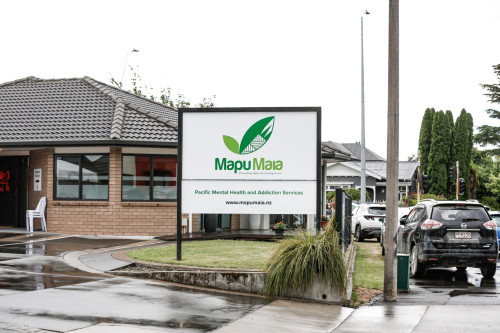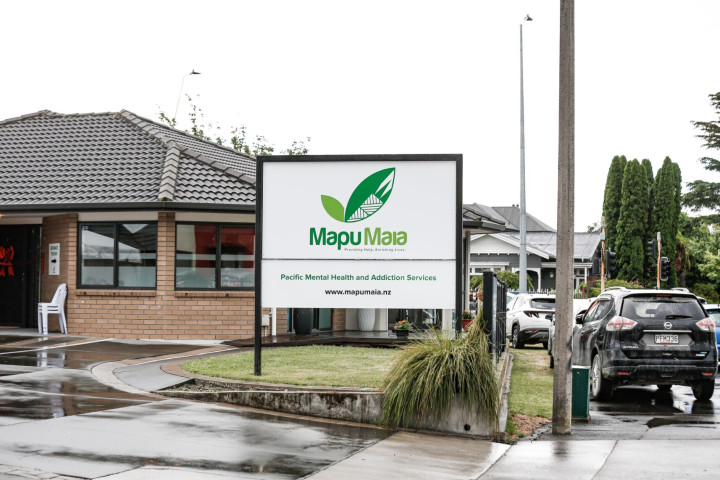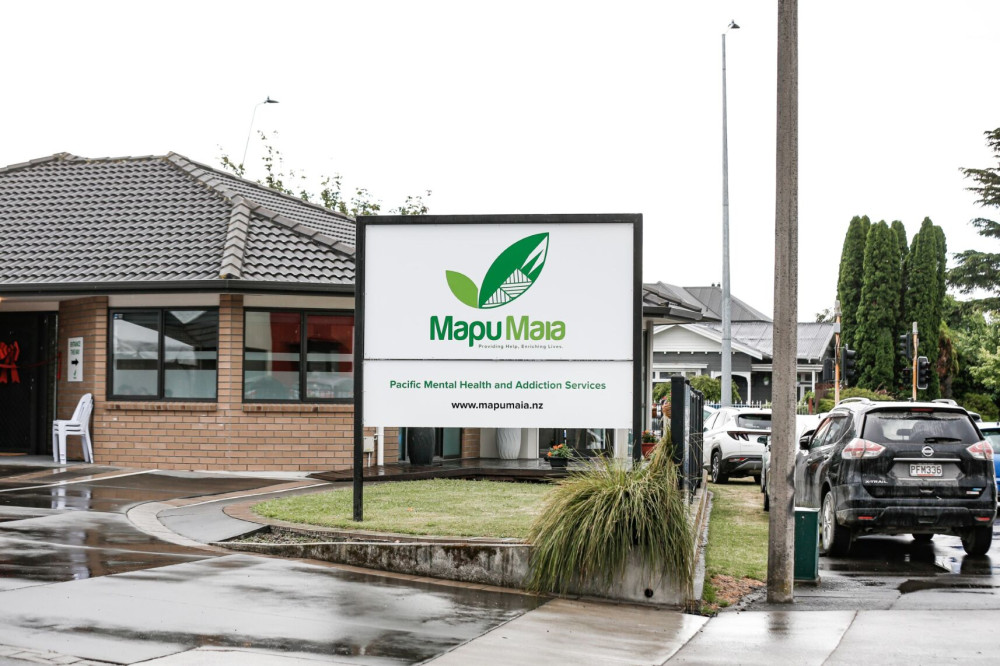
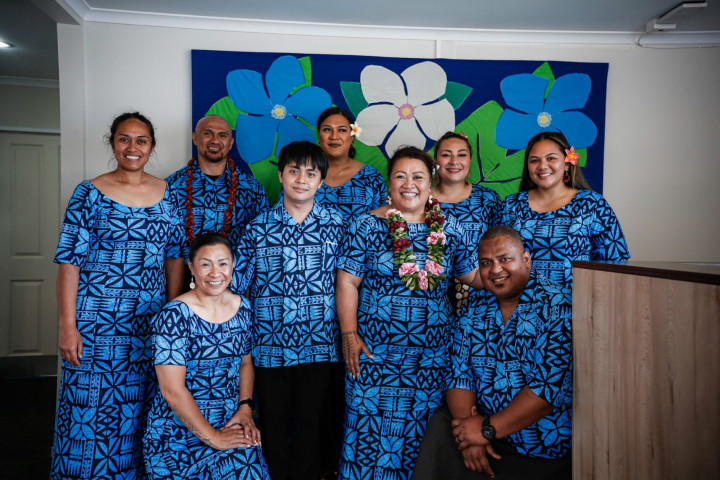
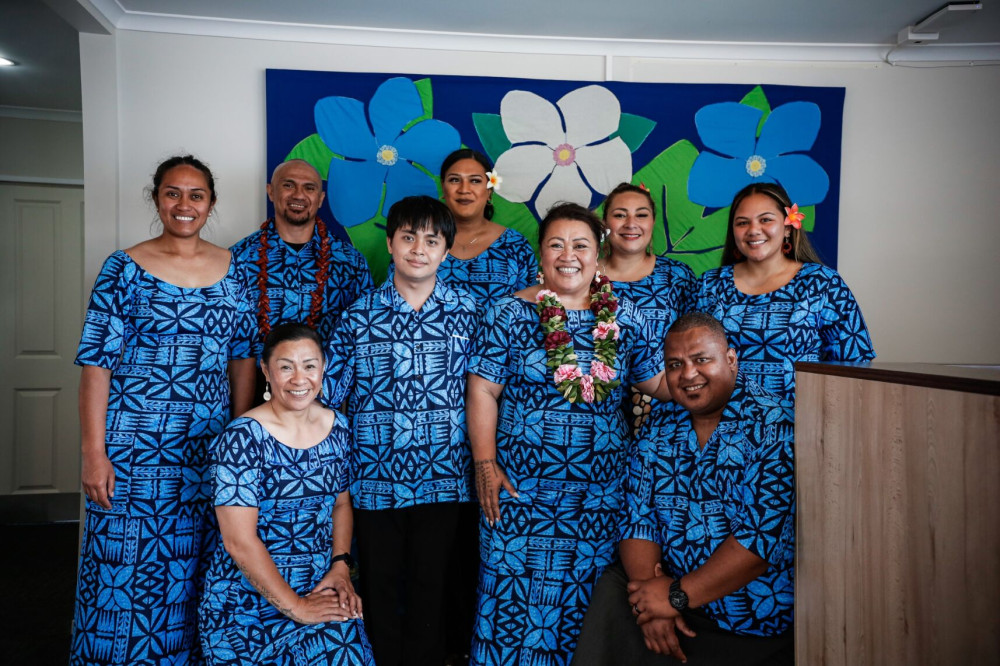
Established in Auckland in 2009, Mapu Maia was formed to address the needs of Pacific people with mild to moderate mental health and addiction needs. They have now evolved and expanded services to South Auckland, Wellington, Horowhenua, Christchurch and the Hawke’s Bay.
Late last year Mapu Maia celebrated the opening of its mental health and addiction service for Pacific people in the Hawke’s Bay region—the first such service in the area.
Pesio Ah-Honi, Mapu Maia Chief Executive, says the new clinic was in response to Pacific people reaching out for help.
“Shortly after Cyclone Gabrielle and the flooding in the Hawke’s Bay, people started contacting us to provide support for Pacific families going through high levels of stress and anxiety. We provided support over the phone and online, but soon realised that there were no Pacific services in the region in this area—we knew we had to do something more to help.”
Informed by frontline experience with aiga and individuals from the community—allowing the strength of Pacific families and the community voice to be at the heart of what it does—the service is a first point of contact for Pacific peoples in the Hawke’s Bay area who are experiencing distress in their mental health and wellbeing, and supports Pacific peoples and their aiga to be a part of choosing relevant practices to address their mental health and addiction needs.
The Hawke’s Bay team includes a team of clinicians and Pacific health promoters, and a Kaiawhina Ta`iala workforce. “Ta`iala means navigator in Samoan, and the word really resonates with us,” Pesio explains. “We are helping Pacific families to navigate the health system.” The team is soon expanding to add a rainbow peer support worker, a gambling harm practitioner and a gambling harm public health promoter.
The new service is open during normal business hours but is also flexible to people’s needs. “We offer an 0800 number, home visits, and support groups in the evening,” says Pesio. “This helps us to meet the needs of families who work or have other barriers to access.”
Mapu Maia worked with Te Whatu Ora’s Pacific Health group and the Ministry for Pacific Peoples to secure funding and stand up the new service.
The Mapu Maia model of care
Pesio says that the success of the Mapu Maia model of care is down to its holistic, region-based approach, supported by its national management team who provide business support, resources and training.
“We describe this as nationally coordinated and locally implemented, in partnership with the communities we serve—as every community is different.
“We know the Hawke’s Bay has a lot of specific needs, including a large Pacific rainbow community that we have been supporting. It’s incredibly exciting to be there doing the work we are committed to, reducing inequities and lifting outcomes for Pacific communities.”
